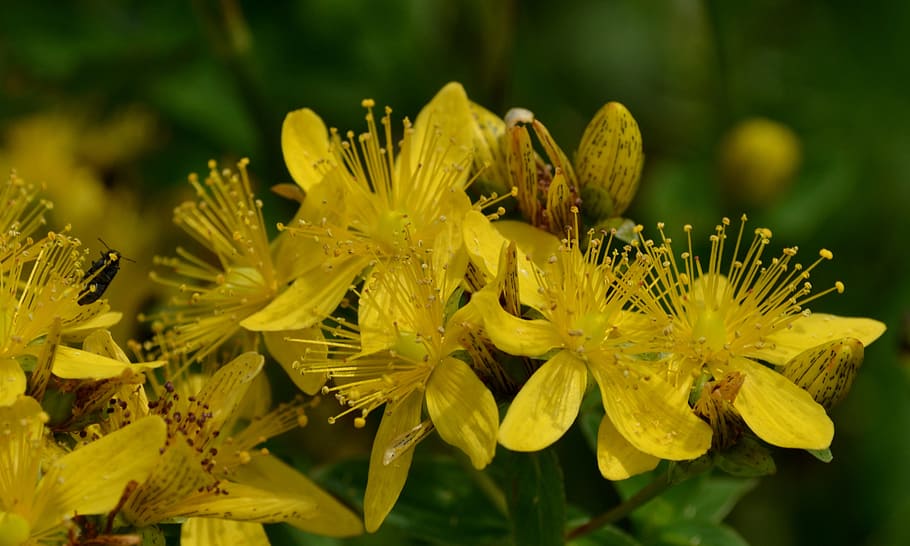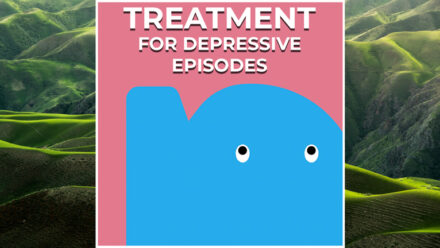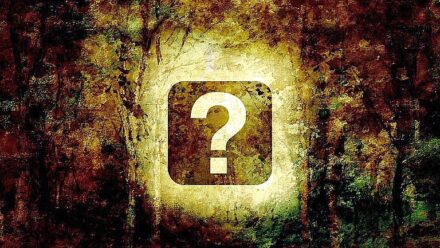
“Natural medicine and mental health – it remains a touchy subject”, writes Professor Jim van Os.
“Some people swear by it, others think it’s a bunch of quackery. But if you’d just look beyond the hype and the scepticism, there seems to be a fair bit of scientific basis for herbs, supplements, probiotics, and even psychedelics for psychological issues.
From herbs to microdosing: is there any proof?
Rogier Hoenders, psychiatrist and professor in ‘Meaningfulness, lifestyle, and the mental healthcare sector’, has been doing pioneering work in this field and calls for a broader view on mental health.
And no, this does not mean we all have to swap our antidepressants for lavender tea and a handful of saffron. But maybe we could more closely at what works and what suits certain people. Because psychology is not a mathematical formula – and not a case of ‘symptoms + pills equals healing’.
Natural medicine that could have an effect
If we look at natural remedies and cures, there is a variety of categories that attract scientists’ attention. No hocus-pocus, but drugs that show an effect in such studies.
Herbs
Herbs like St John’s wort (for mild to moderate depression), lavender (for fear), valerian (for sleep and restlessness), saffron (possible antidepressant), and Xiao Yao San (traditional Chinese mix of herbs that indicates it has an effect on stress and anxiety) have shown results in research.
But please note: St John’s wort can interfere with antidepressants and contraception, so don’t just start experimenting with it.
Supplements
In the field of supplements, omega 3 is probably the most widely studied, especially regarding depression. SAMe (S-adenosyl-L-methionine) could help people who struggle with depression, but is less well-known in the Netherlands. CBD (the non-psychoactive component of cannabis) seems to have an effect on some people’s anxiety and sleeping problems. Melatonin is a whole different story: useful for sleep-wake disorders, but not always the solution to insomnia.
Natural medicine: Vitamins and minerals
Vitamins and minerals like folic acid, vitamin D, and B12 can definitely play a part, especially in deficits. And deficits occur more often than you think, especially in people who suffer from mood disorders. Magnesium and zinc are interesting as well, especially for stress and anxiety.
But remember: sometimes less is more. An overdose on zinc for example, is not a good idea.
Probiotics
Probiotics – yes, intestinal bacteria and mental health are definitely connected. Lactobacillus and Bifidobacterium have been studied in relation to stress, anxiety, and mood disorders. The fact there is a link between brain and intestine is still being researched, but it seems more and more likely that healthy intestines contribute to a healthy brain.
Other categories
And then the category that people either speak very highly about, or are incredibly sceptical towards. Psychedelia and microdosing.
Psychedelia
Classic psychedelica like psilocybin (magic mushrooms), ayahuasca and peyote show certain effects on depression and trauma, but are largely illegal in the Netherlands (truffles being the exception).
Microdosing
And microdosing? That’s an entirely different story. The effect of small doses of psychedelics, antidepressants and even lamotrigine (used for bipolar mood disorders) are studied more and more. The theory is that they can subtlty support the brain, without the severe side effects of regular doses.
And how does this fit into the evidence-based mental healthcare sector?
The Dutch mental healthcare sector is traditionally based on a medical model, but if you look at the evidence-based triangle of care (yes, this is really a thing), you see that every effective treatment has three components: Best available evidence, clinician’s knowledge and skills, and patient’s wants and needs. Whether you take an antidepressant, go into therapy, or take a lavender capsule, it only ever works if it fits a context that means something to you. It needs to fit in with your values, the relationship (with yourself, your healthcare professional, and your social circle) has to be safe and supporting, and you need to feel like you are getting somewhere.
Pills without context? Don’t think so! Therapy without faith or trust? Doesn’t work either. Lavender capsules you don’t really believe in? Again, no. Everything revolves around the synergy between these elements.
What you need to look out for
Right, before you fill your basket with saffron, probiotics, and a microdosing-kit, not everything is without risk. Some herbs and supplements severely interact with medication (the way St. John’s wort interacts with antidepressants and contraception), some psychedelic therapies can be risky without proper guidance, and the quality of many medications varies greatly.
Just a few points of attention
• Quality of specimens vary greatly. Do not just buy something online.
• Contamination can be a risk, especially in mixes of herbs and supplements from the less-regulated markets.
• Side effects and interactions can be severe. For example, St. John’s wort can cause serotonin syndrome when using SSRI
• Not everything is suitable for everyone. What works for one person doesn’t do anything for another.
Natural medicine: Conclusion
Natural medicine contains no miracle cures, but they do hold possibilities
Is natural medicine the solution to psychological pain? No, but regular medication and therapy don’t always work either. But more and more studies show that natural medicine can play a part in the healing process – with proper guidance, and suitable for the person.
So maybe it’s time to cast a broader view aside from medication and therapy.
At our lifestyle, nutrition, herbs, supplements and (with the right guidance) even microdosing. Not as a replacement, but as an addition. As Rogier Hoenders says: we shouldn’t just provide people who suffer from mental health issues with pills or therapy. They can also benefit from mindfulness, running, or Chinese herbs.
Maybe it is time the Dutch mental healthcare system broadens their horizon. Not just pills or alternatives, but look at what works for every individual in any situation. And remember; always apply the right knowledge, and always be mindful.





Comments: